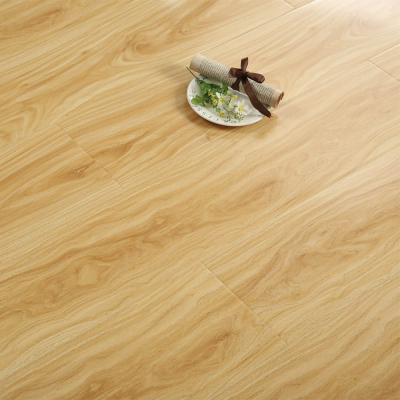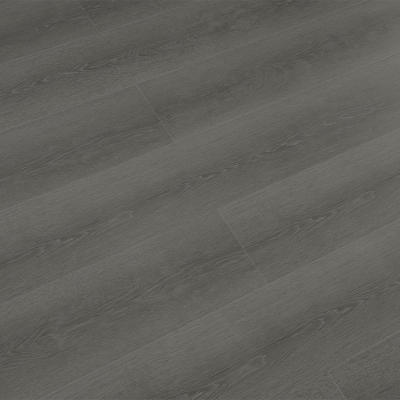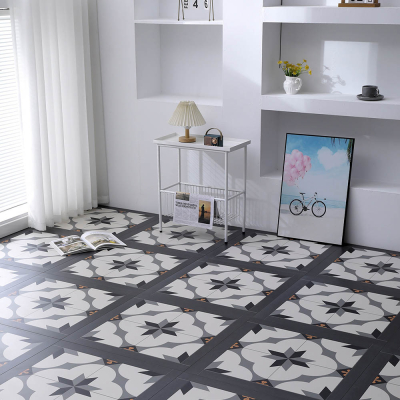waterproof flooring for basements
Waterproof Flooring for Basements: A Comprehensive Technical Guide
Introduction
Basement environments present unique challenges for flooring due to potential moisture intrusion, humidity, and temperature fluctuations. Selecting the right waterproof flooring is crucial to prevent water damage, mold growth, and structural deterioration. This article provides a detailed, technically informed overview of waterproof flooring options suitable for basements, incorporating engineering principles, relevant regulations, installation best practices, and industry standards.
Understanding Basement Moisture Challenges
Basements are typically below grade and prone to:
Hydrostatic pressure and groundwater seepage
High relative humidity (often above 70%)
Condensation due to temperature differences
Flooding risk from plumbing leaks or heavy rain
These factors necessitate flooring solutions with robust moisture resistance and durability.
Key Characteristics of Ideal Basement Waterproof Flooring
Waterproof or highly water-resistant
Dimensionally stable under moisture exposure
Resistant to mold, mildew, and microbial growth
Slip-resistant surface
Compatibility with basement subfloor conditions (e.g., concrete slab)
Common Waterproof Flooring Materials for Basements
1. Stone Plastic Composite (SPC) Flooring
Composition: Limestone core with PVC and a wear layer.
Waterproofing: 100% waterproof, impervious to moisture.
Benefits: High dimensional stability, low thermal expansion, suitable for below-grade applications.
Installation: Click-lock system; requires a moisture barrier underlayment.
Technical Data: Density ~2000 kg/m³; water absorption near zero.
Standards: Complies with ASTM F3261 for rigid core resilient flooring.
2. Luxury Vinyl Tile (LVT) and Vinyl Sheet Flooring
Composition: Multi-layered PVC with protective wear surface.
Waterproofing: Fully waterproof when seams are properly sealed.
Advantages: Flexible installation, suitable over uneven slabs, and good chemical resistance.
Installation: Glue-down or loose lay methods, with vapor barrier recommended.
Regulations: Meets ASTM F1700 for solid vinyl tile.
3. Epoxy Coatings Over Concrete
Material: Epoxy or polyurethane coatings applied over concrete slabs.
Waterproofing: Provides a seamless, impermeable surface.
Durability: Excellent abrasion and chemical resistance; requires professional application.
Considerations: Proper substrate preparation and moisture testing mandatory.
4. Porcelain or Ceramic Tile
Properties: Low water absorption (<0.5%), durable and stain-resistant.
Waterproofing: Requires waterproof membrane underneath.
Installation: Thinset mortar over cement backer board with waterproof membrane.
Standards: ISO 10545 for water absorption and strength.
Engineering Principles and Installation Considerations
Subfloor Moisture Testing: Use ASTM F2170 (in-situ RH) or ASTM F1869 (calcium chloride) to verify moisture levels before installation.
Vapor Barriers: Essential beneath flooring over concrete slabs to prevent moisture vapor transmission.
Expansion Gaps: Required for dimensional stability, especially with SPC and LVT.
Thermal Compatibility: Flooring materials should tolerate basement temperature ranges (typically 10–24°C).
Slip Resistance: Flooring must comply with slip resistance standards (ASTM D2047, ANSI A137.1).
Regulatory and Industry Standards
| Standard Code | Description |
|---|---|
| ASTM F3261 | Specifications for rigid core flooring |
| ASTM F1700 | Specifications for solid vinyl tile |
| ASTM F2170 | In-situ RH testing for concrete slabs |
| ASTM D2047 | Slip resistance of floor surfaces |
| ISO 10545 | Ceramic tile testing standards |
Case Studies and Applications
Residential Basement Renovation: A midwestern home installed SPC flooring with a 6-mil polyethylene vapor barrier. After three years, no moisture damage or warping observed despite occasional flooding.
Commercial Storage Facility: Applied epoxy coating on concrete basement slab with moisture mitigation system. Provided chemical resistance and seamless waterproofing.
Frequently Asked Questions (FAQ)
Q1: Can I install laminate flooring in a basement?
Laminate flooring is generally not recommended unless it is specifically labeled waterproof and installed with a proper moisture barrier.
Q2: Is vinyl flooring good for basements?
Yes, vinyl flooring (LVT or sheet vinyl) is a popular waterproof choice when installed correctly with vapor barriers.
Q3: How do I test moisture before installing basement flooring?
Use standardized tests such as ASTM F2170 or ASTM F1869 to measure moisture vapor emissions from concrete slabs.
Q4: Can I use hardwood flooring in basements?
Traditional hardwood is not advised due to moisture sensitivity. Engineered hardwood with waterproof core might be an option with caution.
Q5: What maintenance is required for basement waterproof flooring?
Regular cleaning with non-abrasive, pH-neutral cleaners and prompt drying of spills is recommended to maintain integrity.
Conclusion and Professional Recommendation
Choosing the right waterproof flooring for basements involves understanding moisture challenges, material properties, and compliance with industry standards. SPC flooring, luxury vinyl, epoxy coatings, and properly installed tile are excellent options depending on use case and budget. We recommend thorough moisture testing and installation over vapor barriers to ensure durability and longevity.
Call to Action
For expert advice on selecting and installing waterproof basement flooring that meets your project’s specific requirements and complies with industry standards, contact us today. Our team provides customized solutions that protect your investment and ensure long-lasting performance.





